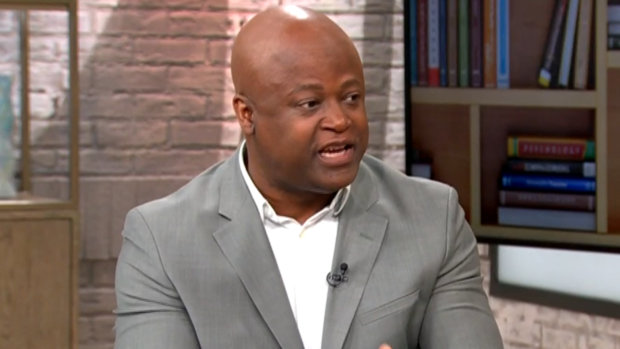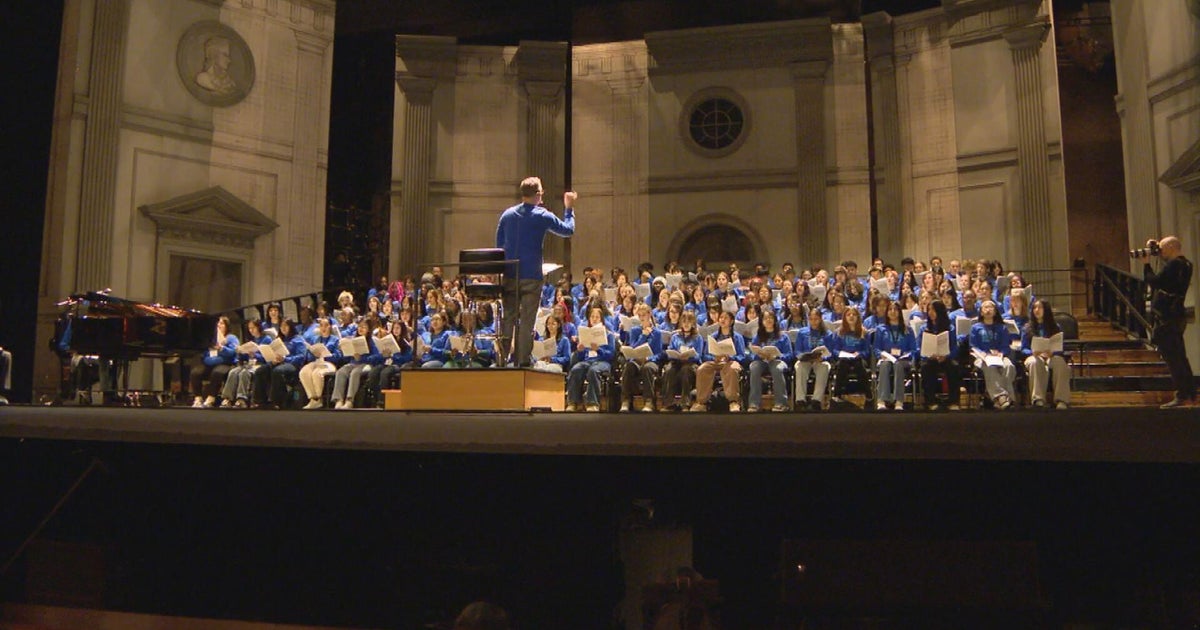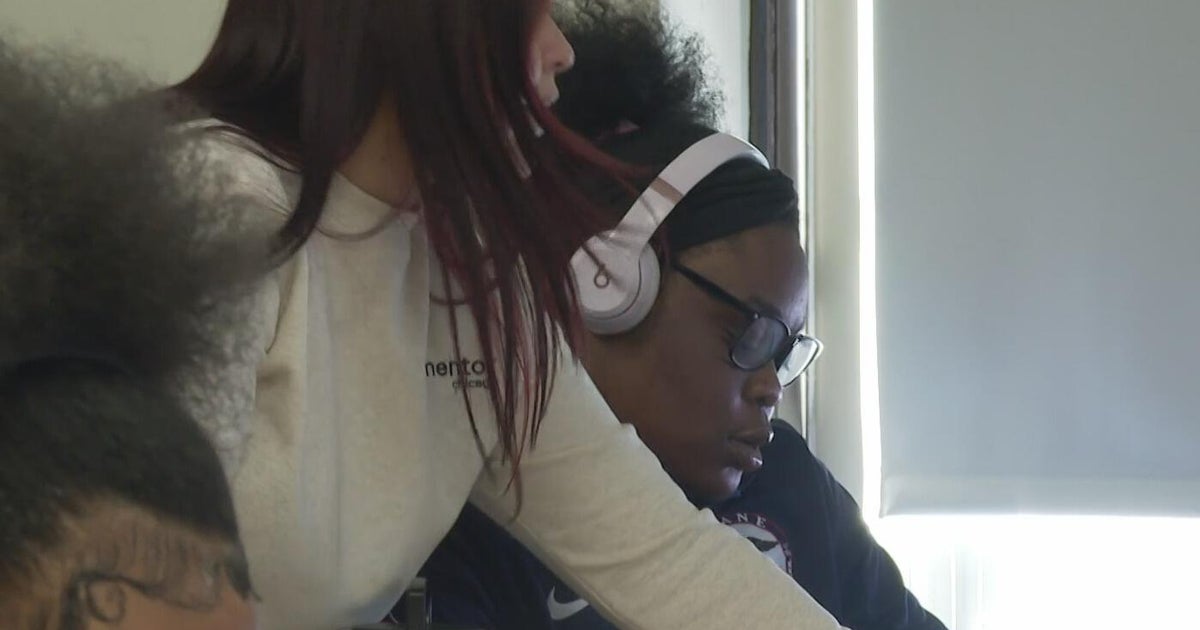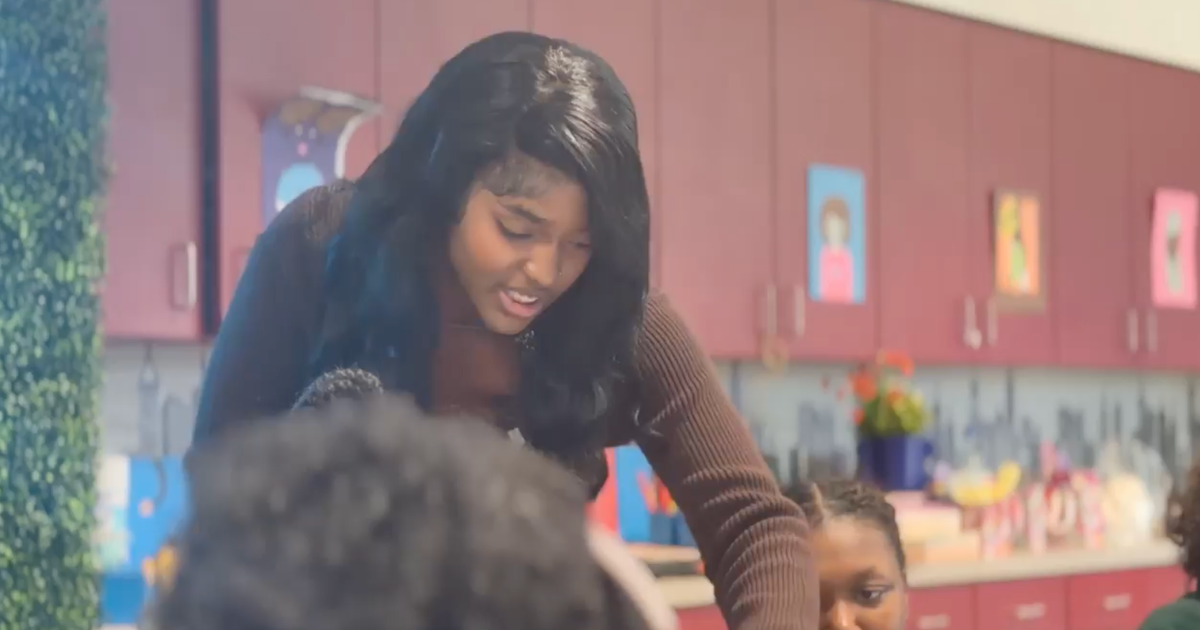Maurice Ashley, first Black chess grandmaster, uses game to teach life lessons: "Learning never ends"
Maurice Ashley, who became the first Black chess grandmaster in 1999, is using the game of chess to teach life lessons.
Ashley fell in love with chess as a 14-year-old high school student after immigrating to the U.S. from Jamaica.
To achieve his goal of having the highest title in chess, Ashley said he had to learn an important lesson, which he explained as the concept of ""To become, be."
"To become you first have to be, and that means if you are always chasing a goal, you're thinking 'I have to this, this, this, so I can get there,' but you first have to be that person that can be successful. Whatever it is that you want to be in life."
His advice is to not worry about the results, but the process.
"So you have to get in the mindset of the champion, the training that you need, the focus that you need, the kind of commitment that you need," he said. "When you get in that place where you're practicing as hard as you can and doing all those things necessary to master your craft, then when the time comes for you to take that test or to win that game, it will just happen. Don't worry about the results. Worry about the process."
Ashley's new book, "Move by Move: Life Lessons on and off the Chessboard," offers life advice drawn from the wisdom of chess.
For him, the most important thing is to have a beginner's mindset.
"That's the beauty of the approach when you look at it from the viewpoint of a child, of a beginner, that there is so much to learn. Even those who master any sport, or any activity in business. You could be the biggest millionaire. You could be a Super Bowl winner. There's always stuff that you keep on learning."
Although he is a grandmaster, which is the highest title you can have in chess, Ashley considers himself an advanced beginner chess player.
"Because there is so much greatness and wonder in the game that the learning never ends," he said.
Ashley also has a children's book, "The Life-Changing Magic of Chess," which he said teaches patience.
"If you go too fast you're not going to win the games, because you're going to make a mistake and lose pieces very easily. So we teach kids to slow down, to be patient, to make sure they're focused."




